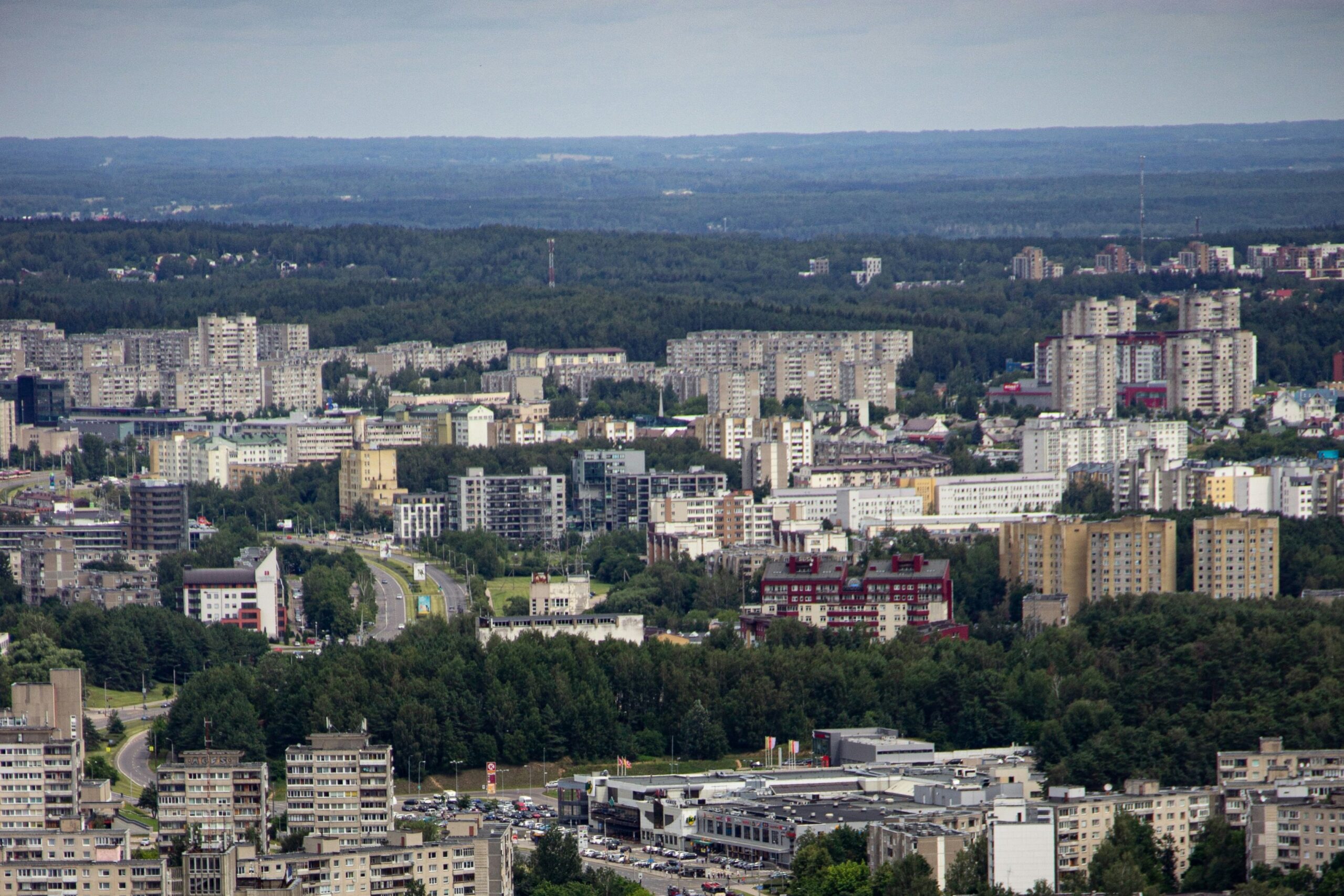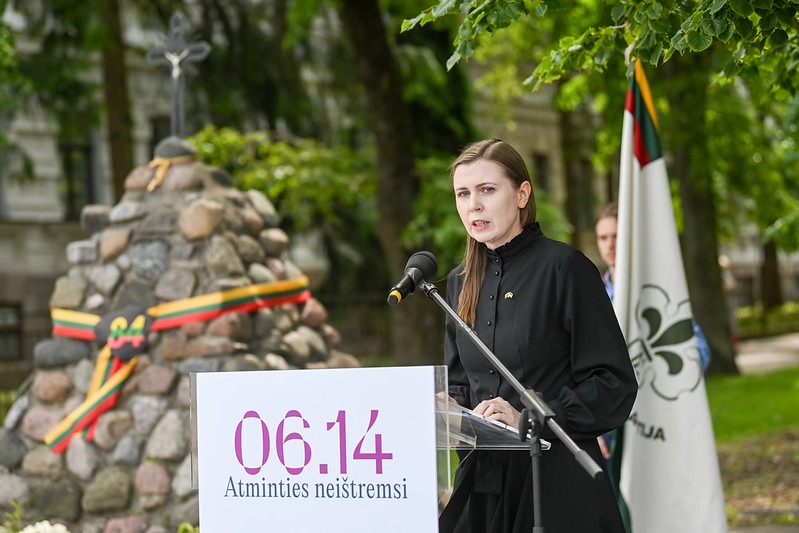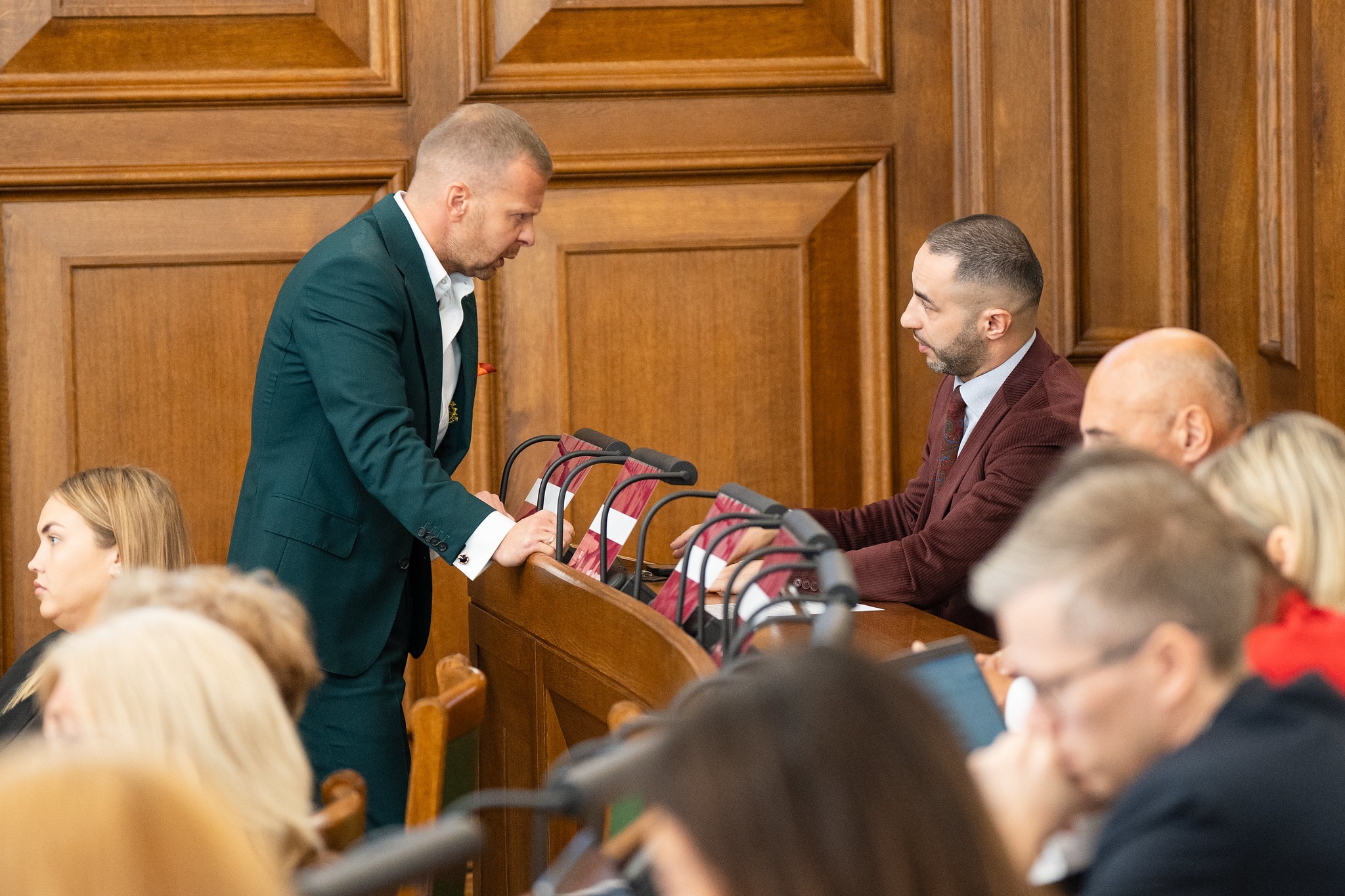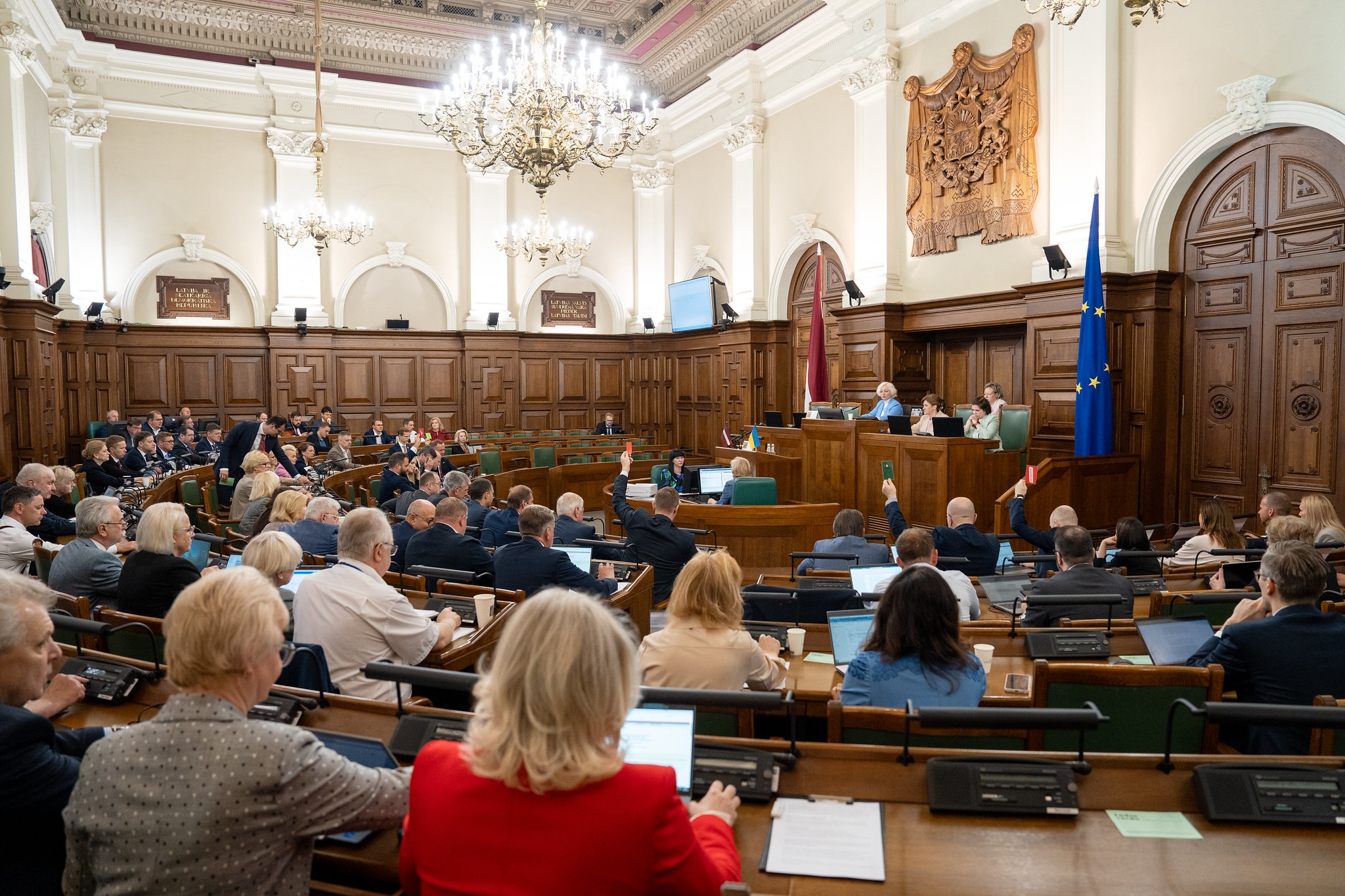
Main narratives:
- General anti-government sentiments;
- The incompetence of the current government.
Overview:
This past week, Kremlin-aligned media shifted focus to the protest in Vilnius against the newly proposed real estate tax, using the event as a ground for conspiracy narratives and targeted political attacks. Demonstrators gathered to voice their opposition to what they called an unfair and burdensome tax on ordinary citizens. Commentary across Kremlin-aligned platforms featured inflammatory slogans like “we’re not slaves,” echoing themes of civil rebellion and depicting the protest as a sign that Lithuanians had “had enough” of government overreach.
What added fuel to the conspiratorial discussions was the timing of an unrelated fire at a waste processing facility on the same day as the protest. Kremlin-influenced sources quickly drew connections, questioning whether it was “just a coincidence” that the fire led to pollution alerts and stay-at-home recommendations precisely when the tax protest was scheduled. Such narratives implied that the fire and ensuing public health warnings may have been orchestrated to suppress turnout.
Beyond these insinuations, malign actors used the moment to launch broader attacks on Lithuania’s political leadership. The real estate tax was framed not as a necessary fiscal reform, but as another scheme by the political elite to “launder money” under the guise of public interest. Claims circulated that the collected taxes wouldn’t go toward defence or infrastructure, but would instead vanish into elite networks.









